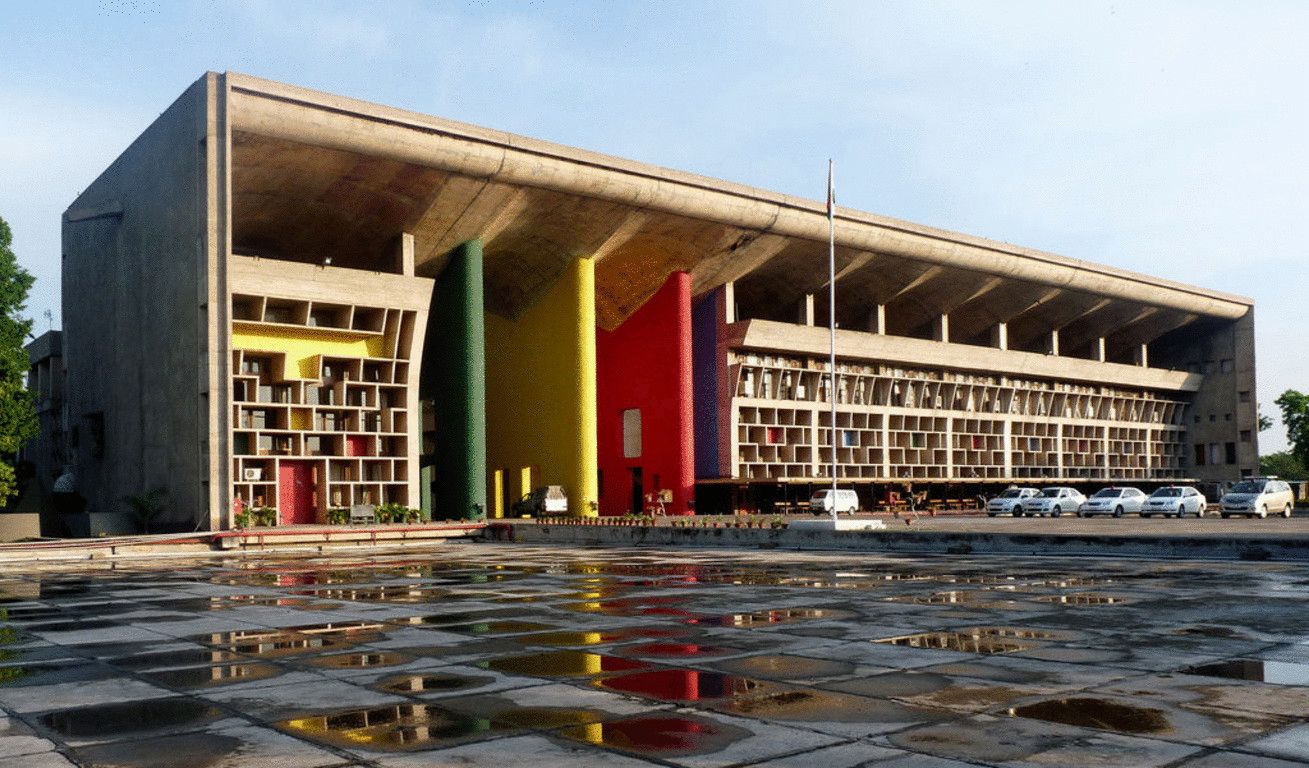Punjab & Haryana High Court denies anticipatory bail in NDPS case involving 2.6 kg opium, cites need for custodial interrogation

Case Name: Ram Ji v. State of Haryana
Date of Judgment: October 08, 2025
Citation: CRM-M-32675-2025
Bench: Hon’ble Mr. Justice Sumeet Goel
Held: The Punjab & Haryana High Court dismissed the anticipatory bail petition filed by Ram Ji under Section 482 of the Bharatiya Nagarik Suraksha Sanhita, 2023 (BNSS), in connection with an FIR registered under Sections 18 and 29 of the Narcotic Drugs and Psychotropic Substances (NDPS) Act. The Court held that custodial interrogation was essential to uncover the larger conspiracy and supply network behind the illegal trafficking of opium. It emphasized that disclosure statements corroborated by call detail records (CDRs) established the petitioner’s prima facie involvement, and releasing him at this stage would impede effective investigation.
Summary: The FIR No. 313 dated May 16, 2025, was registered at Police Station Thanesar Sadar, District Kurukshetra, after Crime Branch officials intercepted two persons, Rajiv @ Ajay and Rakesh, at Parakeet Pipli Bus Stop and recovered 2 kilograms and 620 grams of opium. The accused disclosed during interrogation that the contraband had been supplied by the petitioner, Ram Ji, for distribution in Haryana and Punjab. The petitioner sought anticipatory bail, contending that he was not named in the FIR, was not present during recovery, and was implicated solely on the basis of inadmissible disclosure statements, which are barred under Sections 24 to 26 of the Indian Evidence Act, 1872.
The State opposed bail, citing a status report and affidavit filed by DSP Rohtash Kumar, Kurukshetra, stating that the petitioner had been in frequent telephonic contact with the co-accused — 236 calls exchanged between March 1 and May 14, 2025 — and had also admitted his role during investigation. The Court noted that the petitioner’s involvement was corroborated by documentary evidence and not limited to disclosure statements.
Justice Sumeet Goel observed that the evidence indicated the petitioner’s active role as a supplier in a larger drug trafficking network. Referring to State v. Anil Sharma (1997) 7 SCC 187, the Court reiterated that custodial interrogation is qualitatively more effective than questioning an accused protected by anticipatory bail. It stressed that granting bail in such cases could seriously prejudice investigation, enable tampering with evidence, or allow intimidation of witnesses.
Decision: The Court held that given the gravity of the offence, the corroborative CDR evidence, and the petitioner’s admission, custodial interrogation was indispensable to uncover the full conspiracy and identify other participants. It dismissed the anticipatory bail petition as devoid of merit, clarifying that its observations would not affect the merits of the ongoing investigation.